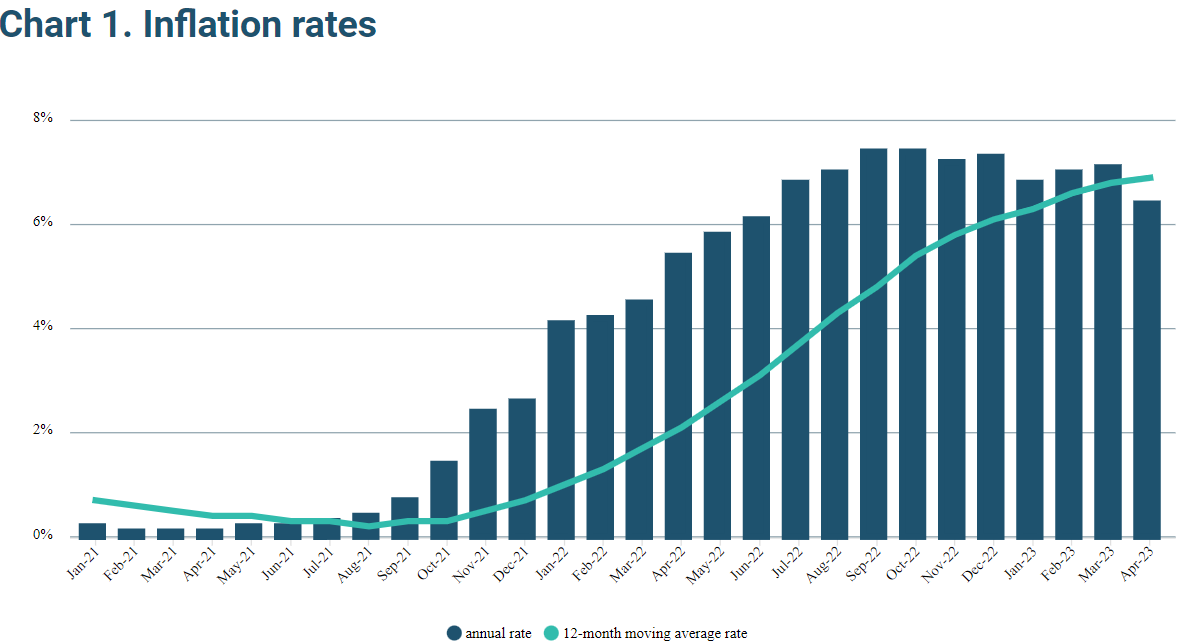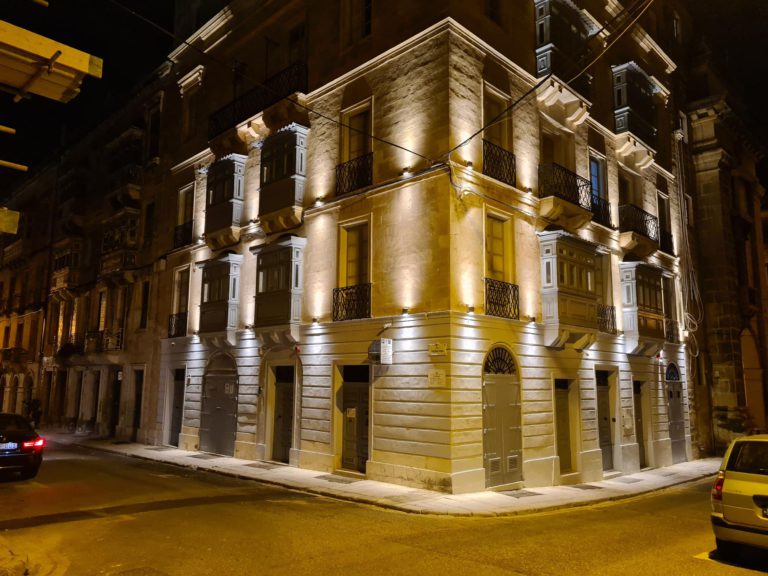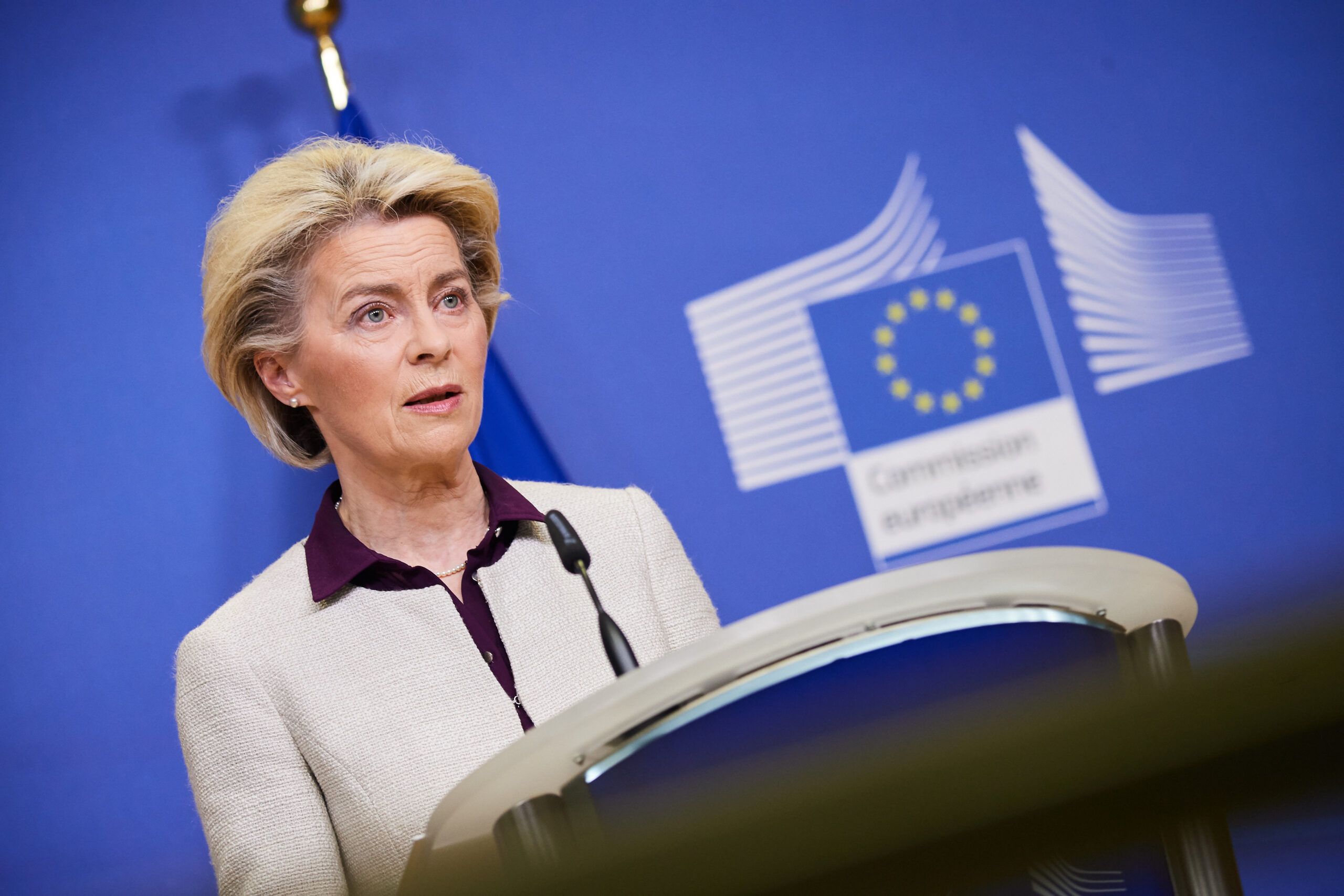Malta’s rate of inflation registered a drop of 0.7 per cent in April 2023, returning well below the seven per cent level following three months of consecutive increases.
The 12-month moving average for inflation stood at 6.9 per cent, up 0.1 per cent from the previous month.

Food and non-alcoholic beverages maintained the top spot as the main drivers of inflation (11.4 per cent) followed by furnishing, household equipment and routine household maintenance (8.3 per cent) and restaurants and hotels (5.6 per cent).
Meanwhile, clothing and footwear registered the lowest annual inflation rate (0.5 per cent) followed by communication (1.3 per cent).
By making use of the European Classification of Individual Consumption according to Purpose (ECOICOP), it is possible to measure the impact of different categories through the inclusion of an index, which takes into account both the weight and the annual rate of inflation of each category.
According to the NSO, higher prices of milk, cheese and eggs were largely responsible for inflation in the food and non-alcoholic index, which was the main contributor to inflation.
This was followed by the restaurants and hotels index, and the housing, water, electricity, gas and other fuels index, which attribute their rate of inflation to higher prices of restaurant services and house maintenance services, respectively.
The drop in inflation also denotes Malta's rate of inflation return below the eurozone (seven per cent).
MFSA concludes review of Crypto-Asset Service Providers following MiCA implementation
The Authority provided clear expectations and guidance to address certain concerns.
Malta Development Bank to launch schemes supporting sustainable development and creative sector
In 2024, the MDB launched the SME Guarantee Scheme and the Guaranteed Co-Lending Scheme
Euro surges as Trump slaps 20% tariff on Europe, EU vows to retaliate
The sweeping reciprocal tariffs has sparked fears of an all-out global trade war






